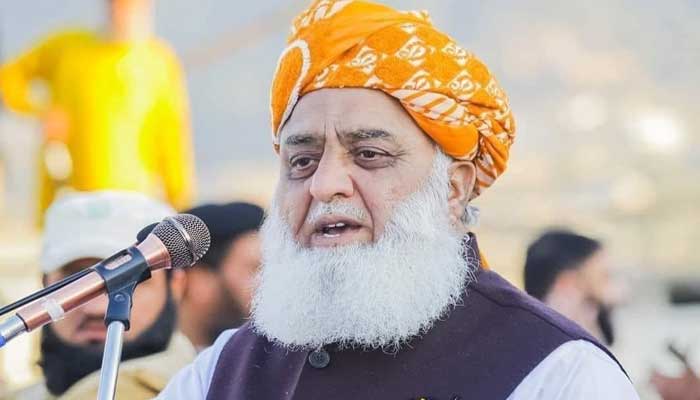Pakistani cleric Maulana Fazlur Rehman, who recently visited Kabul, has disclosed that he addressed various challenges between Islamabad and the Taliban during his recent trip to Afghanistan.
Rehman, the leader of Pakistan’s Jamiat Ulema-e-Islam party, emphasized that a key objective of his visit was to promote a reduction in hostilities by the Tehrik-i-Taliban Pakistan (TTP) against Pakistan.
According to Rehman, Taliban leader Hibatullah Akhundzada has indicated readiness for engagement on certain issues with Islamabad. In an interview with a Taliban-controlled National TV, Rehman cited positive and affirming responses from the Taliban leader on various matters. However, this portion of the interview was censored by the television network.
“We have received very encouraging responses from him. In several cases where our efforts were ongoing, we received strong confirmation from him. We are grateful for this,” stated Rehman.
Earlier reports from Pakistani media had suggested that the Taliban leader called for the resumption of talks between Islamabad and the TTP. There were indications of agreements, proposing secure elections in Pakistan and an informal ceasefire by the TTP in February.
However, Pakistan’s interim Prime Minister, Anwar ul-Haq Kakar, firmly stated that there would be no reconciliation with such groups and emphasized a robust response to any attacks. Kakar stated, “If they carry out ten attacks, we will respond a thousand times. Who are they threatening, are they threatening [us] under the name of religion and Islam?”
Despite efforts by the Pakistani clerical council and demands from Islamabad, deadly attacks have escalated in recent days, resulting in both military and civilian casualties. As the country approaches elections, the situation remains tense.
Reports from Pakistani media also indicated that Rehman had discussions with leaders of the TTP and the Gul Bahadur group in Afghanistan, both of which have been responsible for some of the deadliest attacks in Pakistan.





